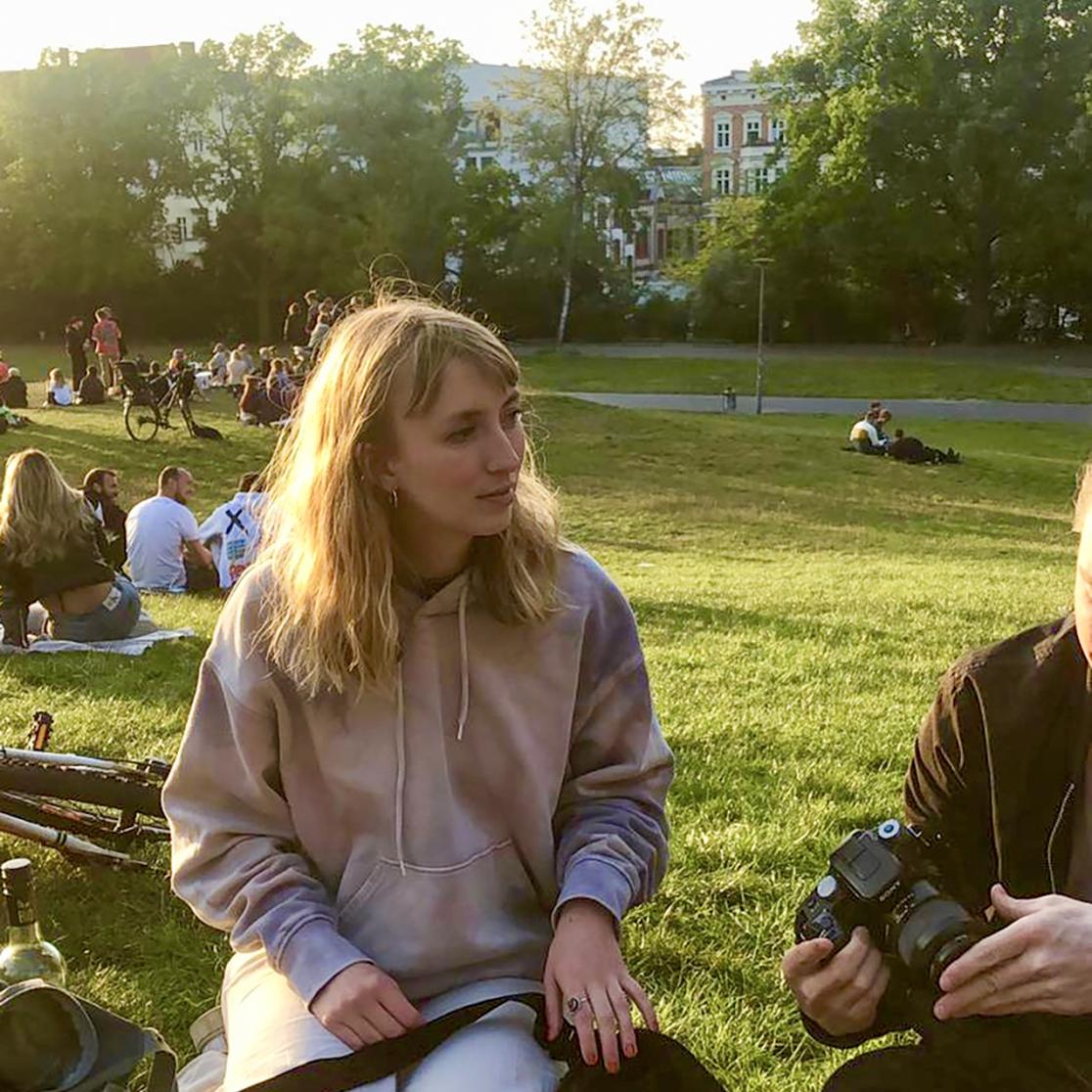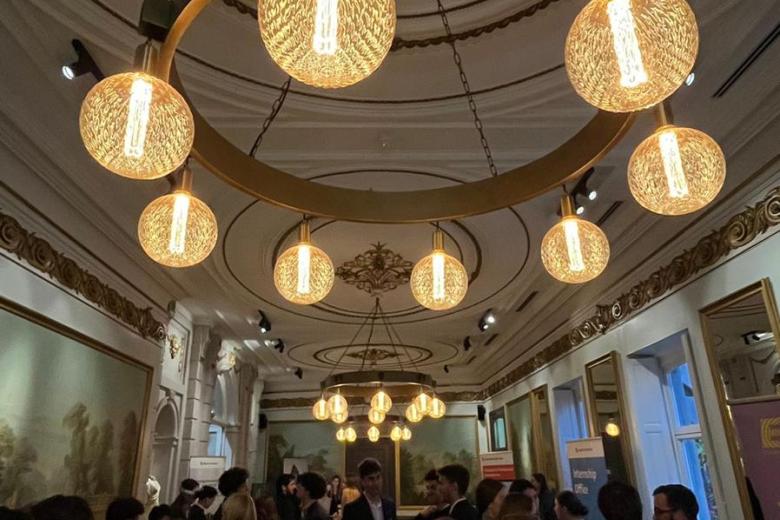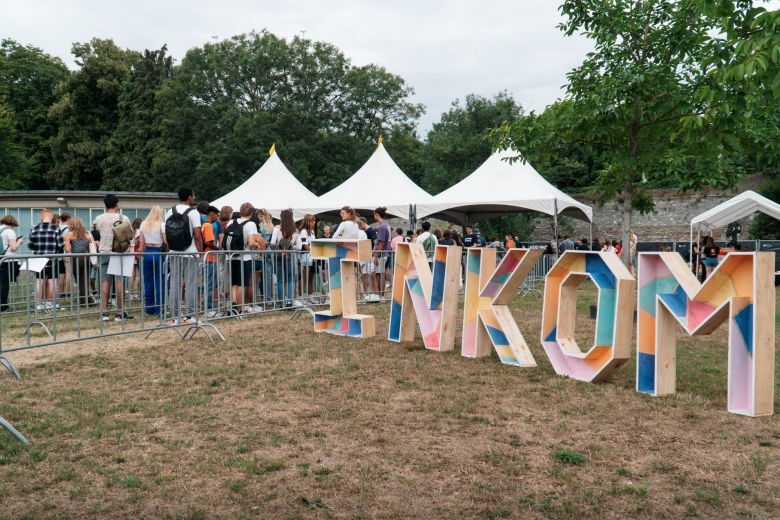“Humanitarian aid gives me a purpose in life”
Alum Alexandra Nizet crossed the Atlantic from the United States specially for the University College Maastricht. Here she became acquainted with the different facets of healthcare and developed a holistic approach to global health. “I enjoyed the many activist student organisations in Maastricht.”
Growing up in the US, she heard about UCM by chance. “I wanted to follow lectures, but we only have these massive courses with up to 500 students. And the curricula are often fixed in advance. My mother, who—like my father—comes from Belgium, happened to hear about UCM. That you have small classes of 11 people at most and can put together your own curriculum. I was immediately drawn to that.”
She opted for a concentration in Life Sciences despite being unsure whether she intended to continue in the field. “I saw that as an advantage. The bachelor’s was exciting because it left doors open. I loved that flexibility and the emphasis on exploring your options. You learned to think across disciplines, solve problems, design research and draw your own conclusions. Those are the skills you need to tackle new things, and I benefit from them to this day. I love new challenges.”
Networks
That freedom of choice at UCM exposed her to the multiple angles from which healthcare can be approached. The focus can also lie on economic, sociological or political and administrative aspects. After graduating, Nizet first worked in a refugee centre in Serbia and later for an environmental organisation in Brussels. She then opted for a master’s in Global Health and Development at University College London. “I took courses in political science, anthropology and public health, which helped me develop a holistic approach to wellbeing and health.”
She is now based in Berlin, working for Doctors of the World, a humanitarian organisation that provides medical care to vulnerable people worldwide. Her appointment reveals the importance of personal networks, she says. “I’d been applying for jobs without much success. But my mother is in a WhatsApp group of French-speaking women in New York, and one of them was looking for someone to come and help Doctors of the World. It’s the kind of organisation I dreamed of joining.”
Green office
Looking back on her time in Maastricht, the first word that comes to mind is grateful. “It gave me a foundation on which to build my life. The education set me on the path towards a holistic approach to health. And I made friends there—many of my friends in Berlin are from that period or an extension of that network. It was a nice environment in which to discover myself.” Maastricht’s student culture helped a lot. “I enjoyed the many activist student organisations, such as the Green Office that I volunteered with. There was an open culture, where you could discuss issues and refine your views. Surprising, incidentally, when you consider that it’s quite a conservative region.”
Her advice for current UCM students? “When thinking about your future, try to break it up into smaller questions, a bit like Problem Based Learning. A dream job is nice, but not the most important thing. You have to think about the environment you want to work in. With whom and for whom? What topics excite you? What goals would you like to pursue? It’s about the total picture. Also think about the steps to take. They don’t have to be set in stone, as long as there’s a general direction. I didn’t know what I wanted for a long time, but I learned to think in small steps. Where would I want to find myself working and what influence do I want to have? Each little step adds up to a clear path. So start small and build your life up bit by bit.”
Text: Hans van Vinkeveen
Photography: Alexandra Nizet

Also read
-
Maastricht Business Days 2024: Building bridges between talent and opportunity.
The Maastricht Business Days (MBD) have been a hallmark of the School of Business and Economics (SBE) since their inception in 1996, standing out as the most prestigious student recruitment event. Organized by SCOPE, the faculty’s dynamic study association, the MBDs connect over 600 students...

-
INKOM 2024
From Monday 19 until Thursday 22 August students will get to know each other and the city of Maastricht. This week is about getting to know Maastricht, the city where you will meet new people and you will have to learn to find your way around again. Not just at the faculty, the library and the spor...

-
Living and working at PITground in Sittard
Living in Sittard and studying in Maastricht, Eindhoven or even Tilburg or Leiden. A few years ago, this was hard to imagine, but nowadays it is increasingly common. Sometimes out of necessity, but often also as a conscious choice. The rise of more creative places to live outside the traditional...